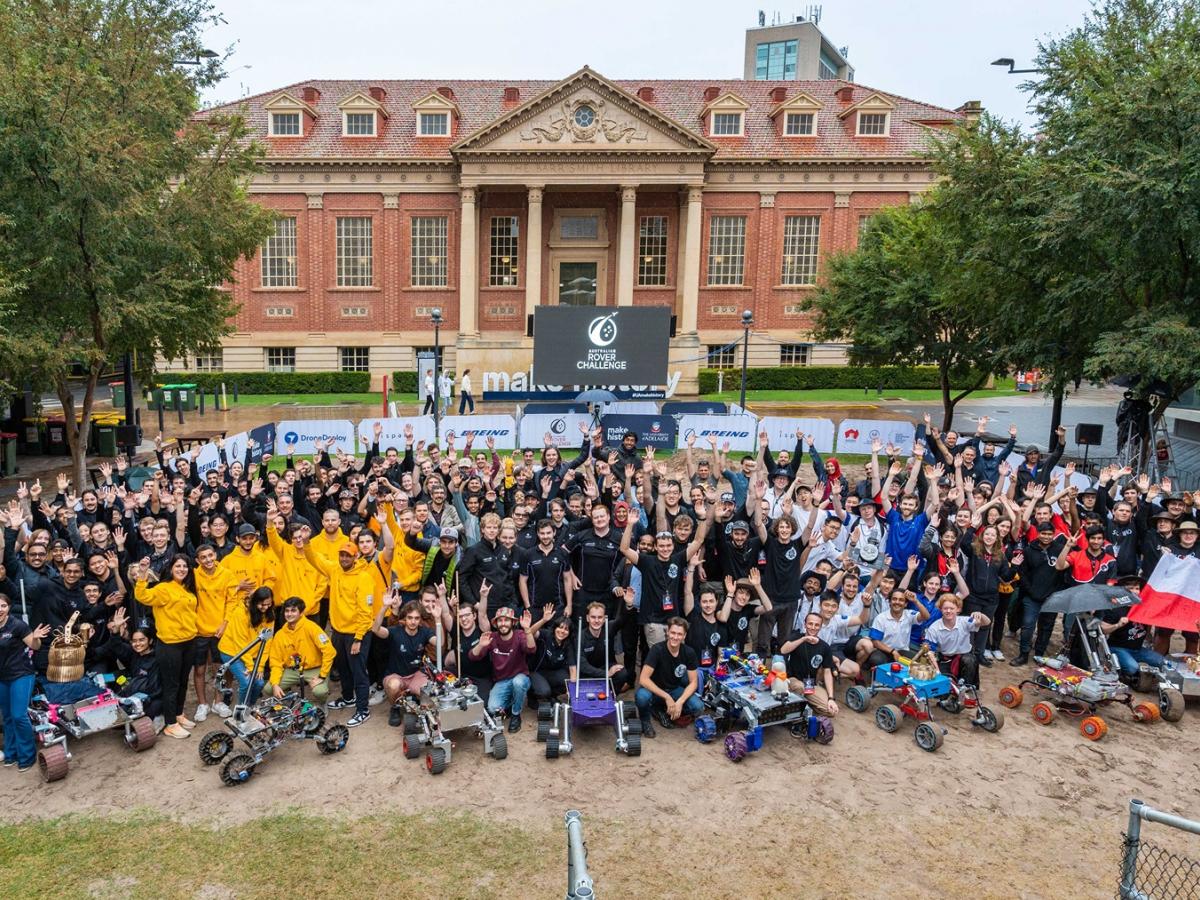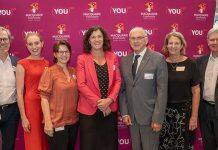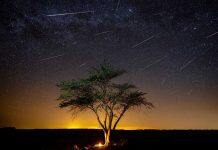Students from around Australia and overseas have joined the race to be selected to become finalists in next year’s Australian Rover Challenge (ARCh).


“The Australian Rover Challenge delivers a highly rewarding and globally unique challenge series for the next generation of space engineers from around the world,” said the University of Adelaide’s Associate Professor John Culton, Director, Andy Thomas Centre for Space Resources.
Teams from universities in India, Bangladesh, Poland and Turkey have registered to compete in the annual robotics competition against teams from around Australia, including last year’s winners, Monash University.
“ARCh doesn’t just test the capabilities of lunar rovers; it stretches the future space engineers to work as teams to solve problems in real-time,” said Associate Professor Culton.
“The skillsets developed by students competing in the ARCh are increasingly relevant as efforts to develop infrastructure required to support long-duration human operations in deep space gain support from programs such as NASA’s Artemis.”
Teams registered include:
- Adelaide Rover Team from the University of Adelaide, Australia;
- AIUB Robotic Crew from American International University, Bangladesh;
- Bluesat from University of New South Wales, Australia;
- ITU Rover Team from Istanbul Technical University, Turkey;
- KMC Robophysicists from University of Delhi, India;
- Monash Nova Rover from Monash University, Australia;
- Project Scorpio from Wroclaw University of Science and Technology, Poland;
- QUT Robotics Club from Queensland University of Technology, Australia;
- REV Team from the University of Western Australia, Australia;
- RMIT Rover Team from Royal Melbourne Institute of Technology, Australia;
- SHUNYA from the Indian Institute of Information Technology, Design & Manufacturing in collaboration with Madras Christian College, India;
- Swinburne Rover Team from Swinburne University of Technology, Australia;
- Team Atlas from Brac University, Bangladesh;
- UniMelb Rover Team from University of Melbourne, Australia;
- UOW Rover Team from the University of Wollongong, Australia;
- UQ Space from University of Queensland, Australia;
- and UTS Rover Team from University of Technology Sydney, Australia.
The registered teams have until November 2023 to submit a viable design for a rover to be built and tested ready for the competition. Teams that pass this stage will be selected as finalists to compete in ARCh 2024 at the University of Adelaide’s purpose-built course at Roseworthy campus. Each team will then control their rover to complete a series of tasks at the event.
“Students from across Australia and around the globe will battle it out in a full-scale lunar mission, using semi-autonomous rovers that they have designed and built themselves,” said Associate Professor Culton.
The 2024 ARCh is expected to eclipse the 2023 event, in which more than 180 students battled it out with their self-designed and -built lunar rovers on the lunar landscape competition arena at the University of Adelaide.
For more information on the 2024 Australian Rover Challenge, due to be held 21–24 March, visit the ARCh homepage.







































